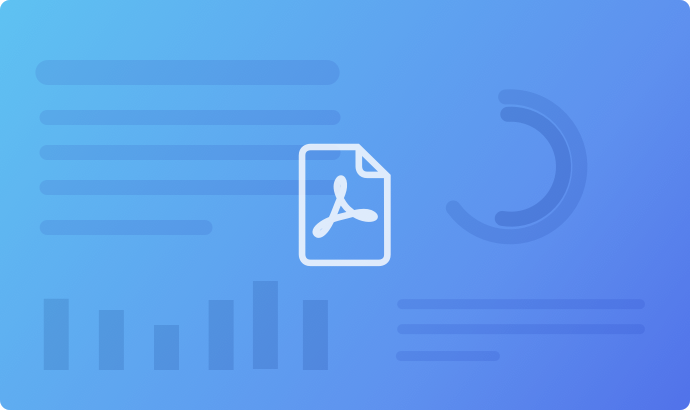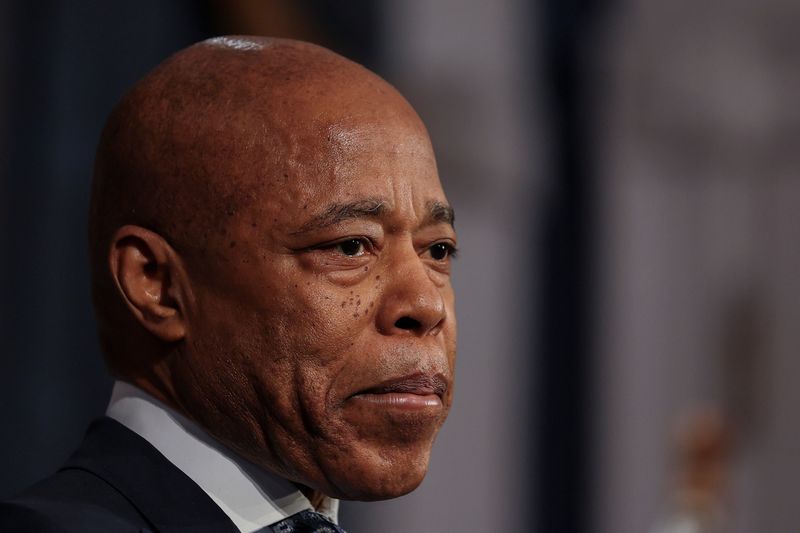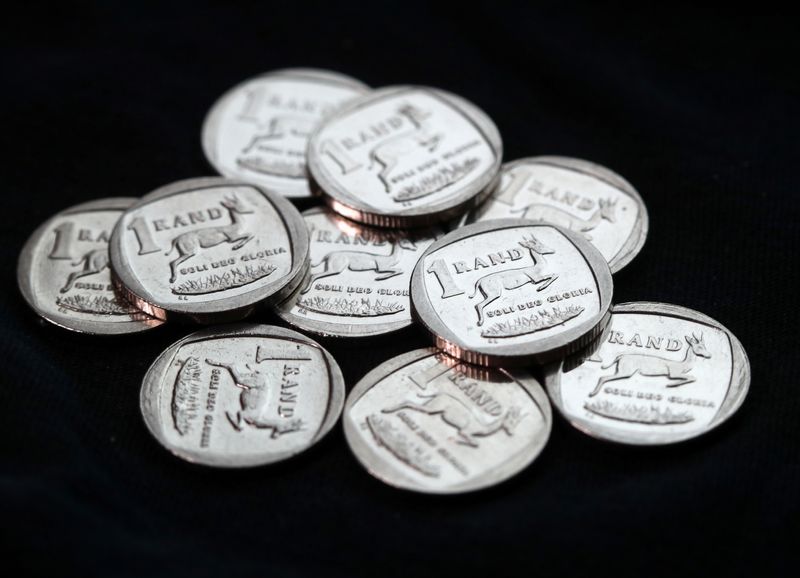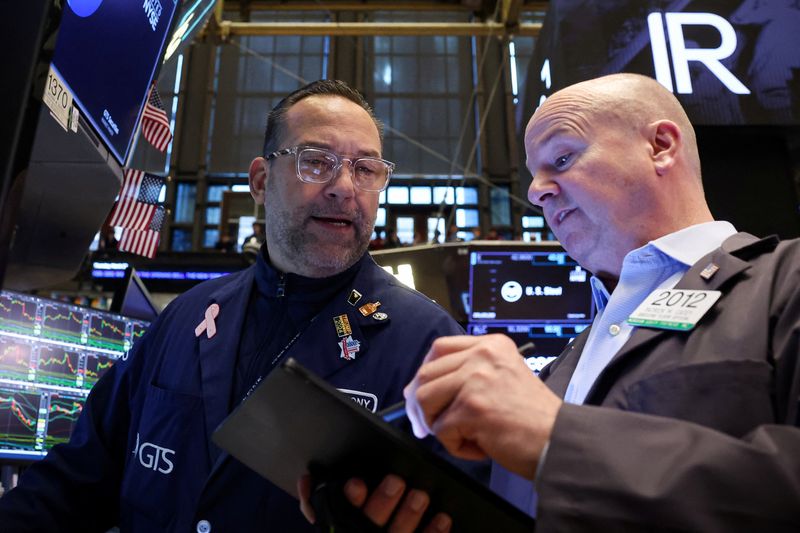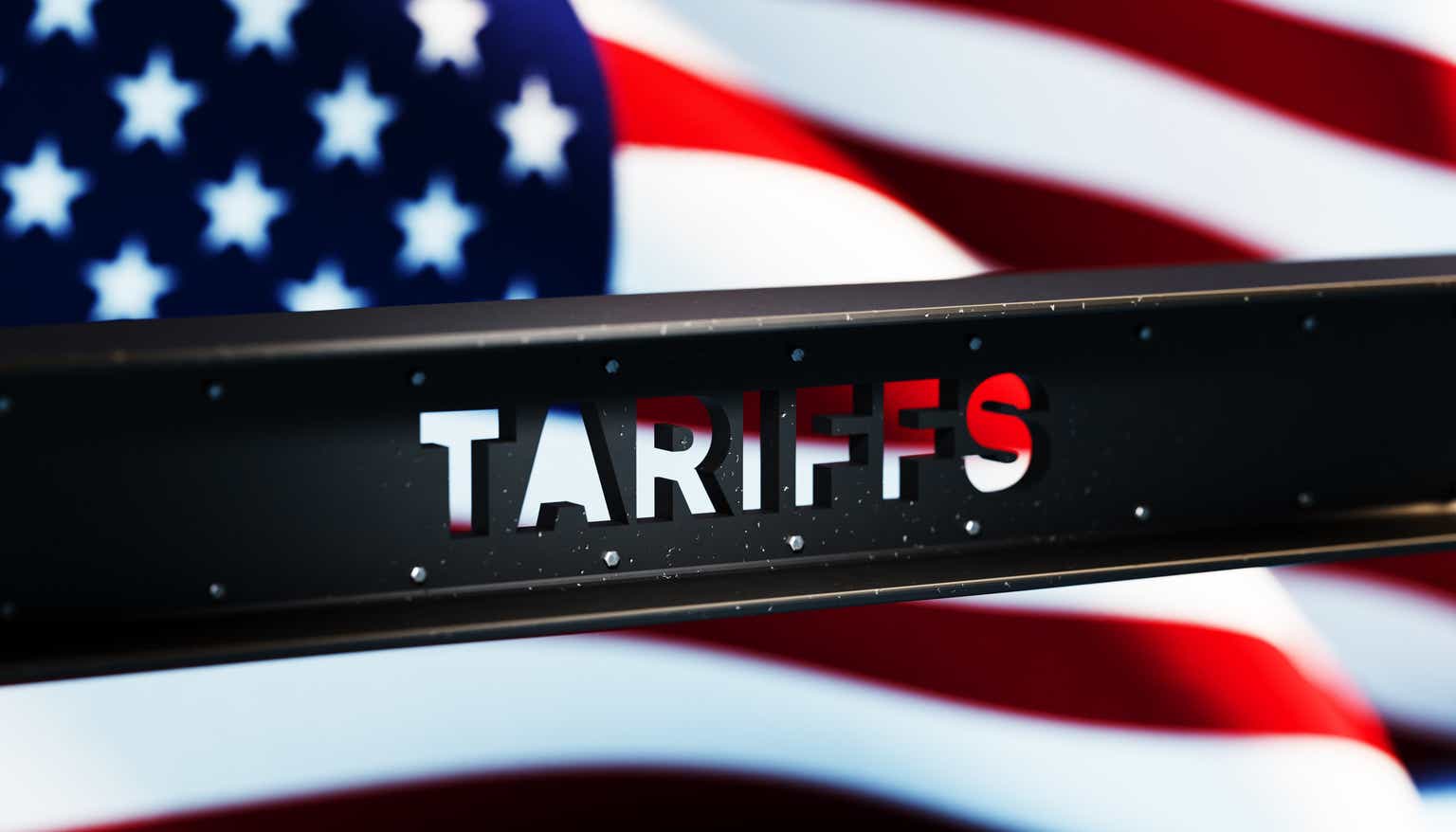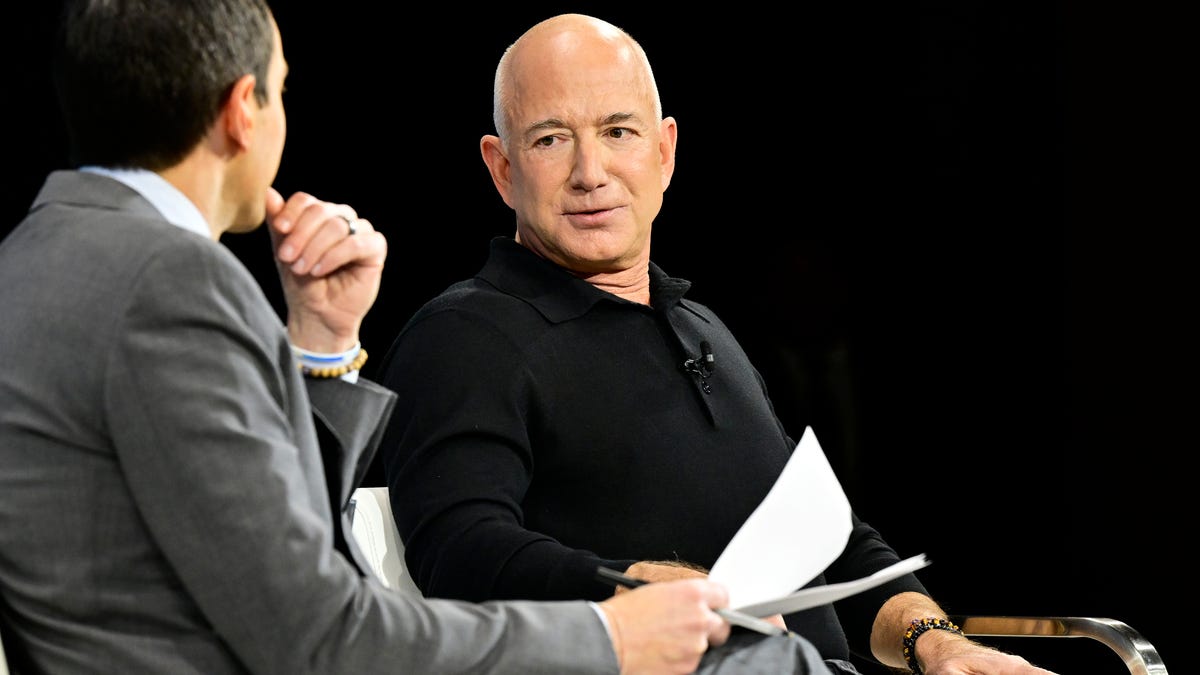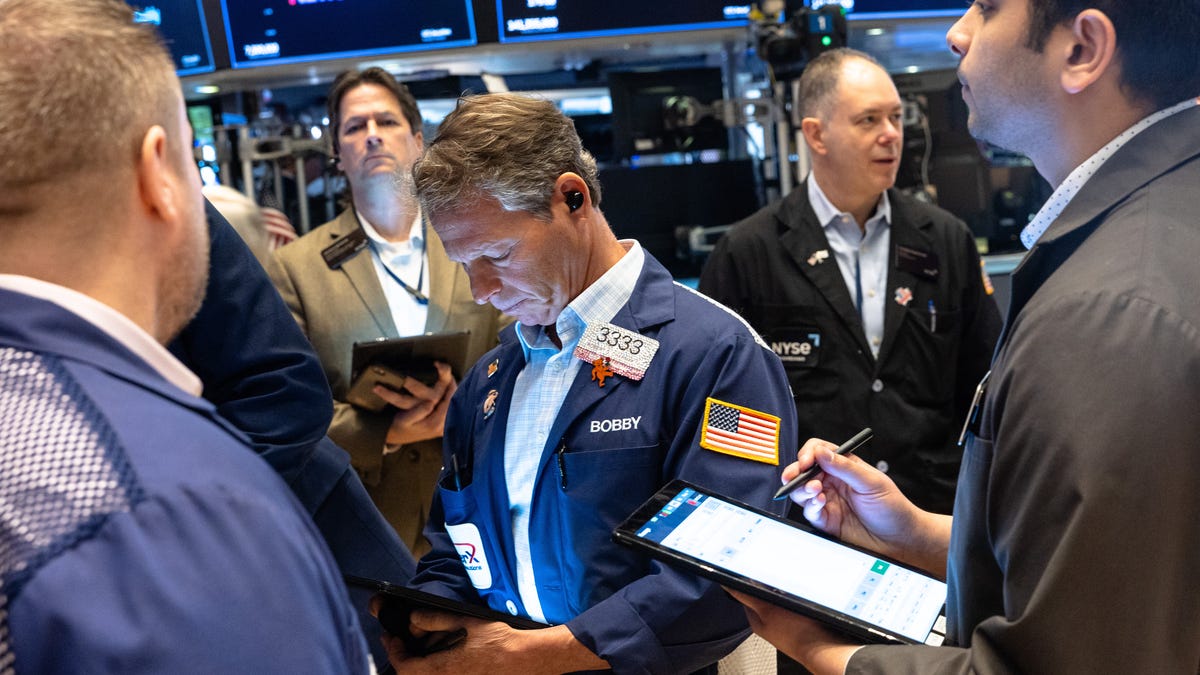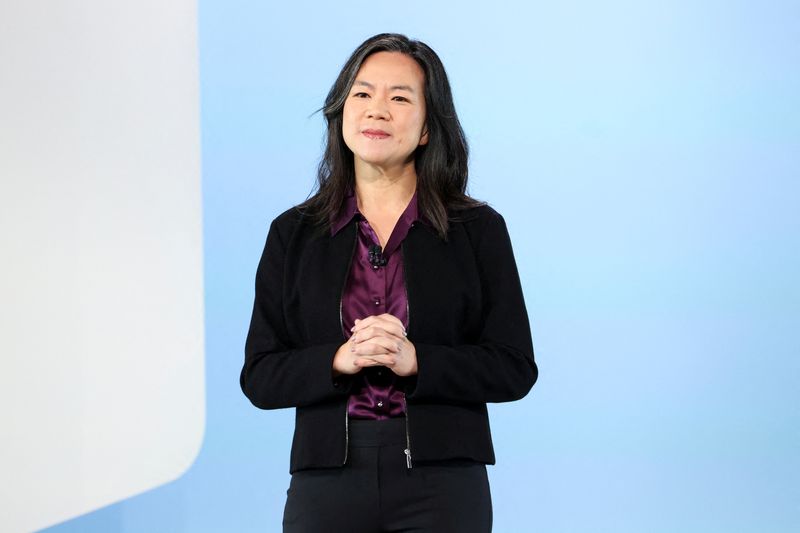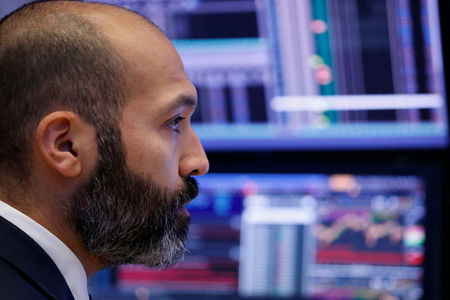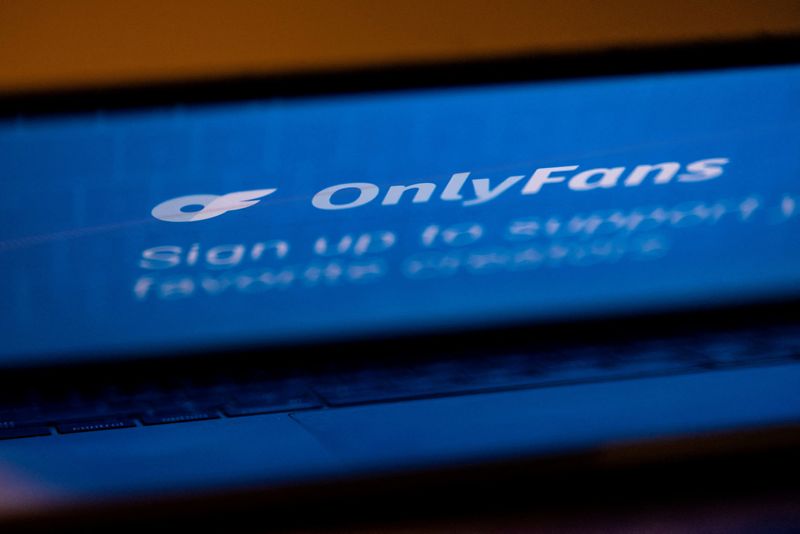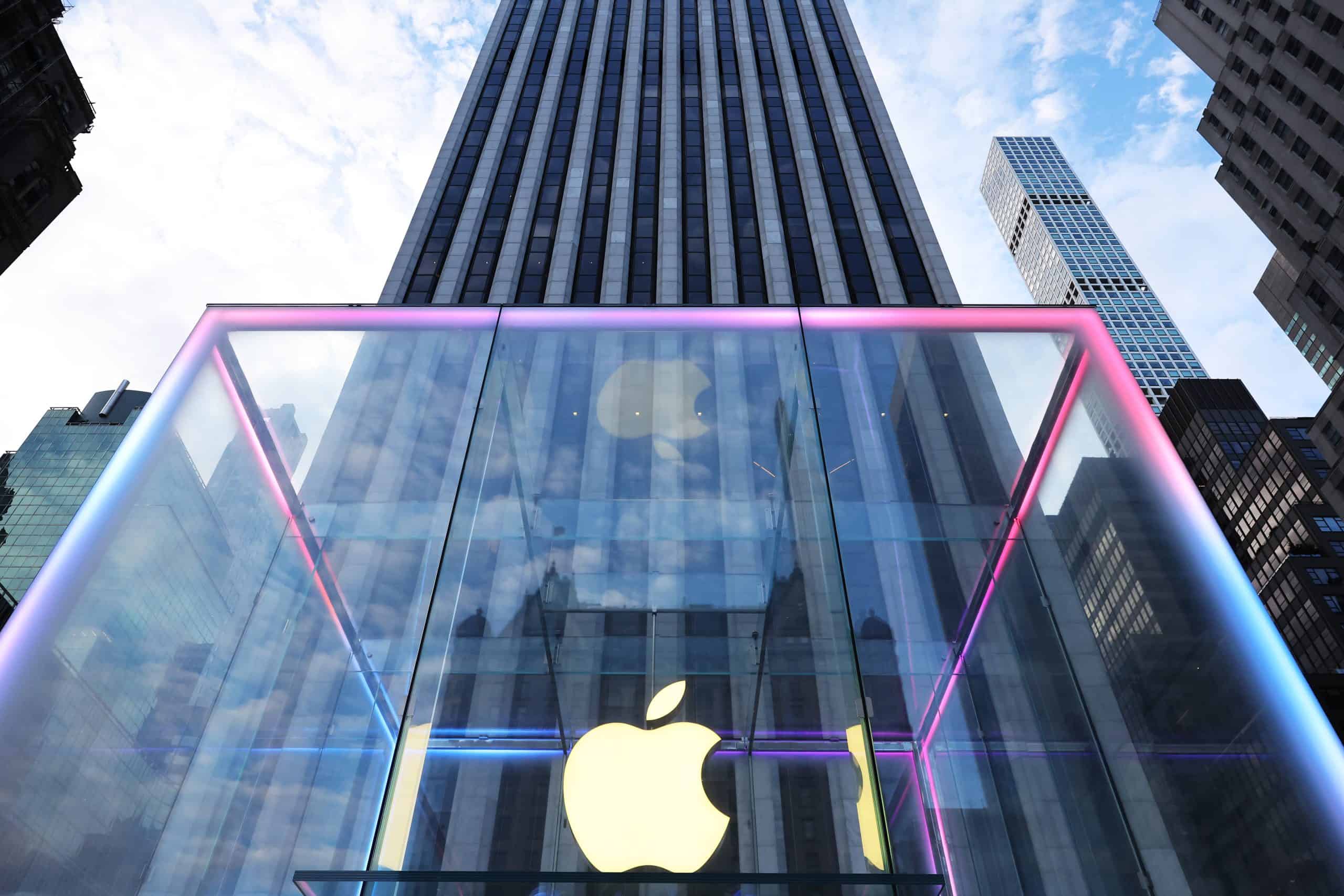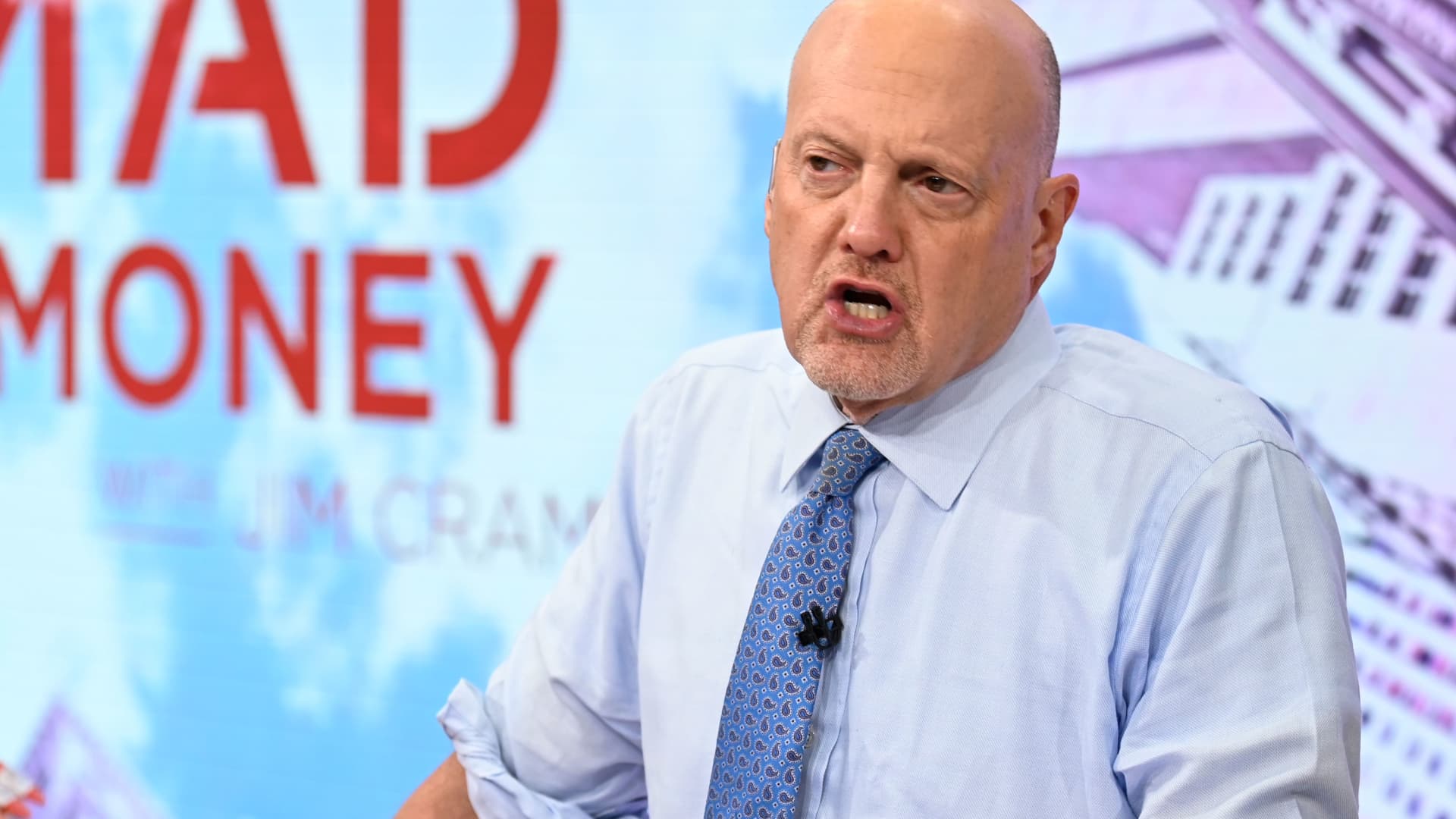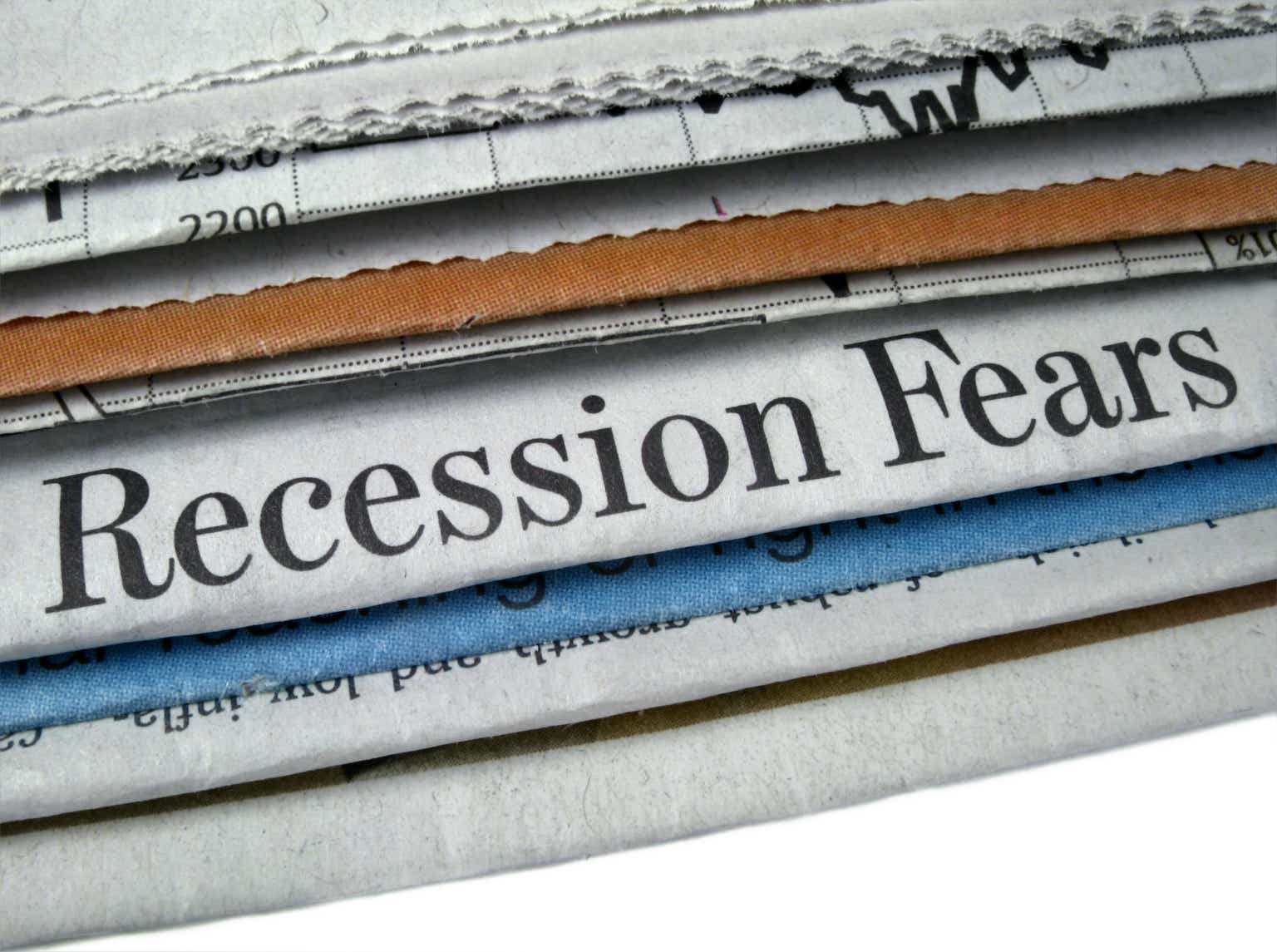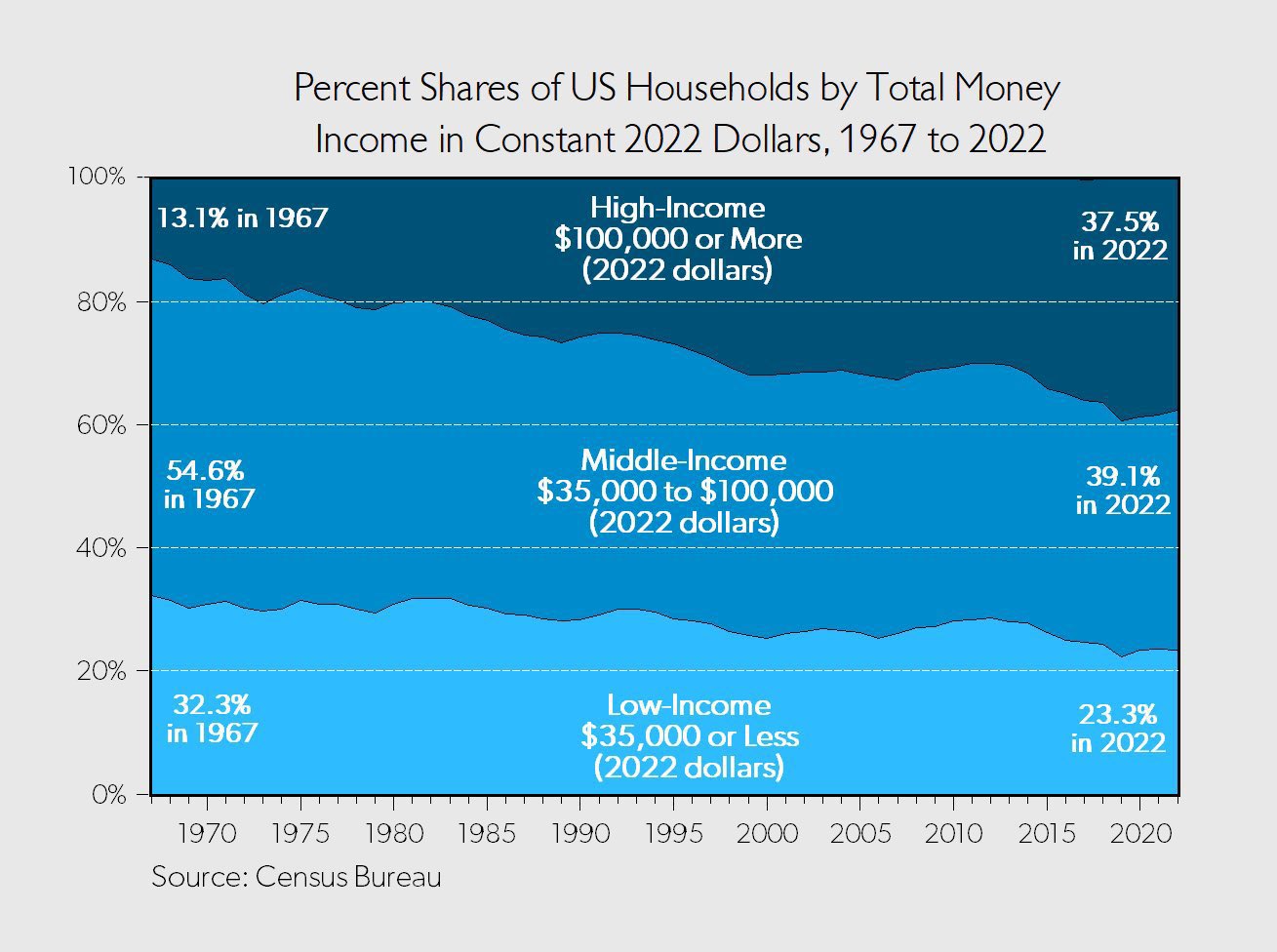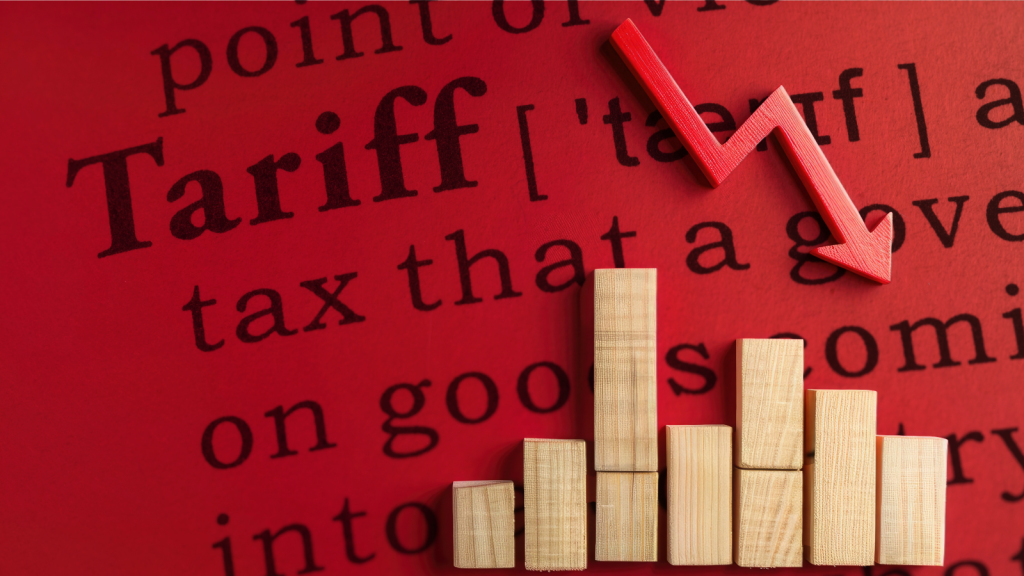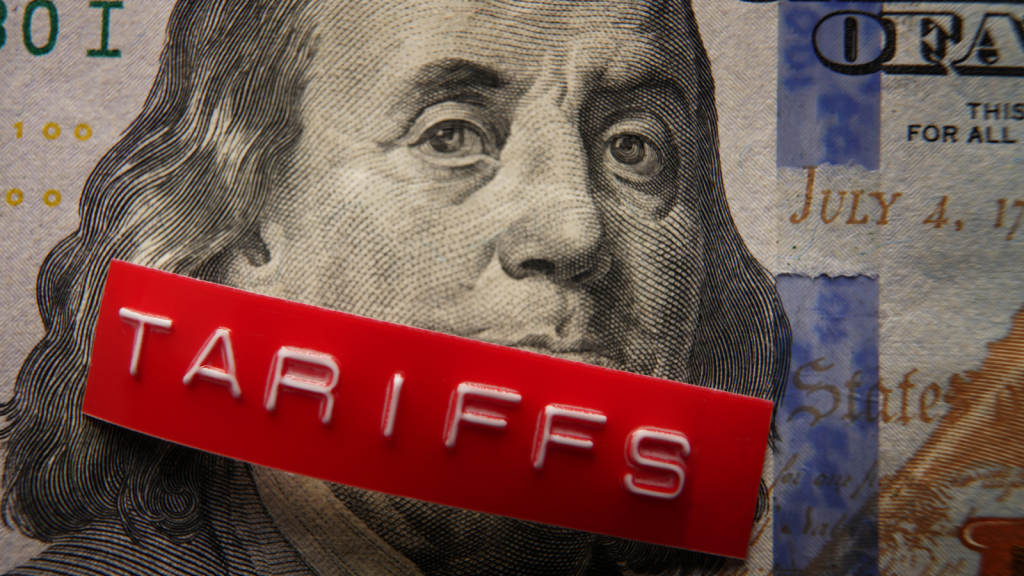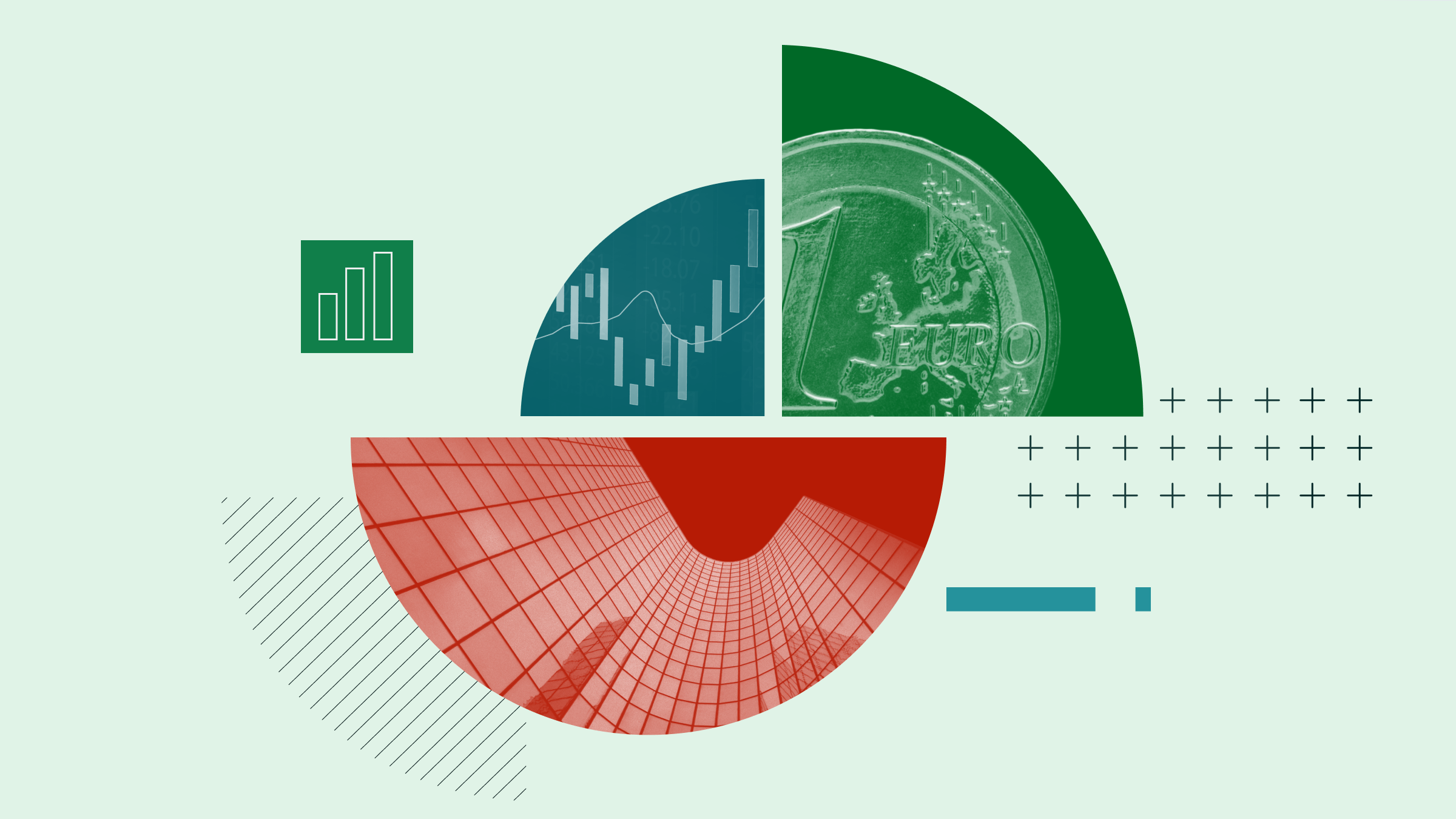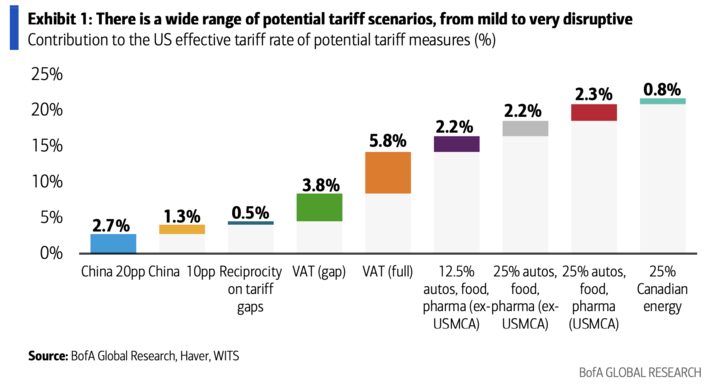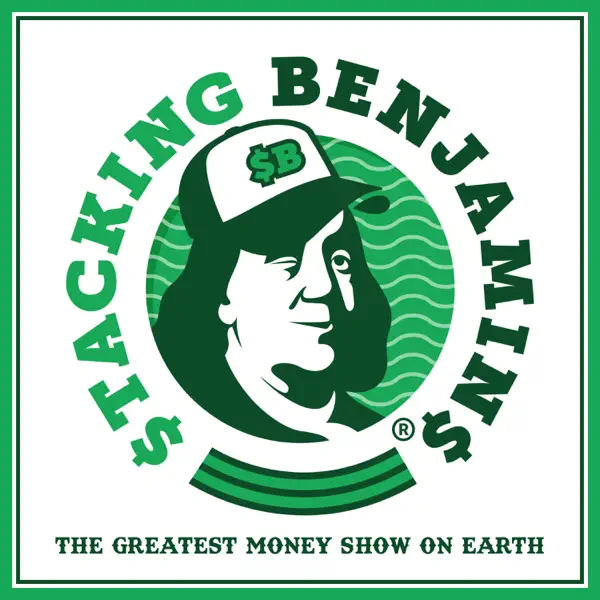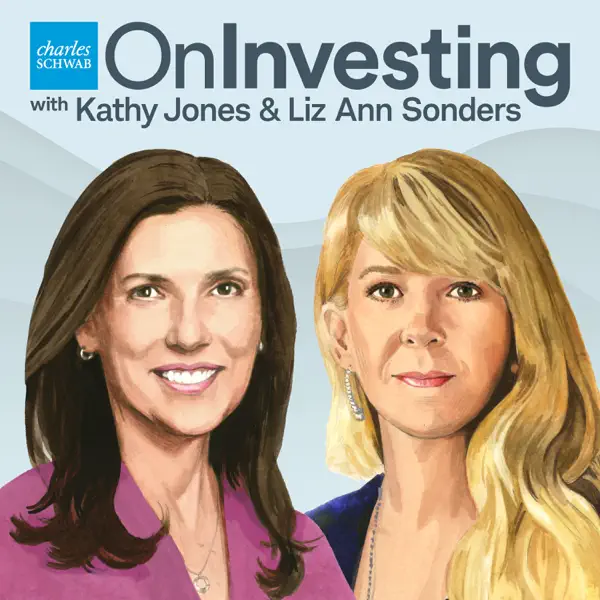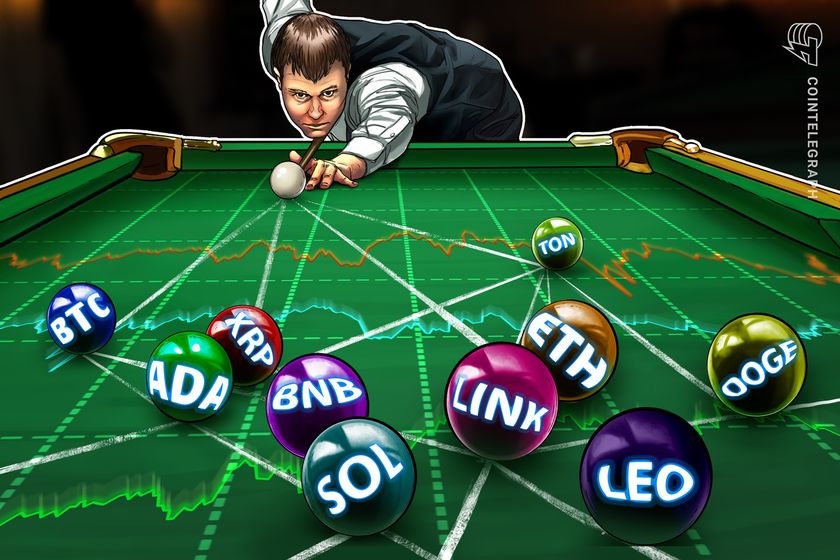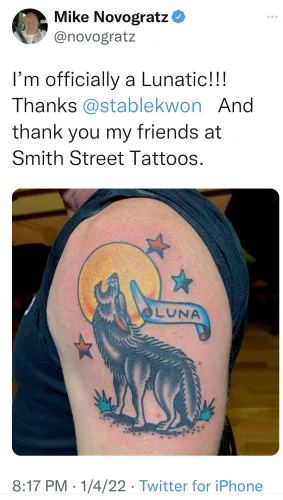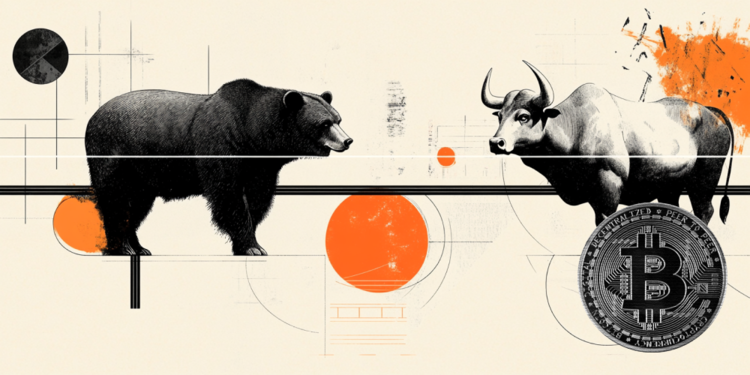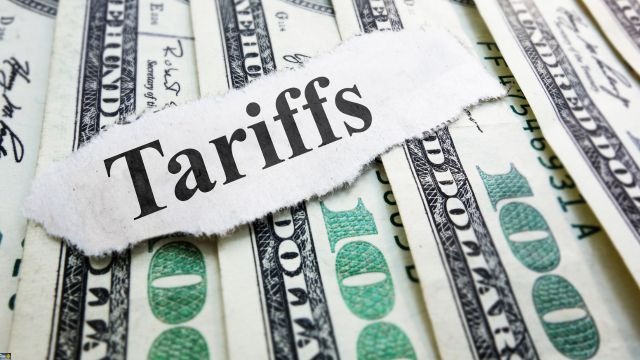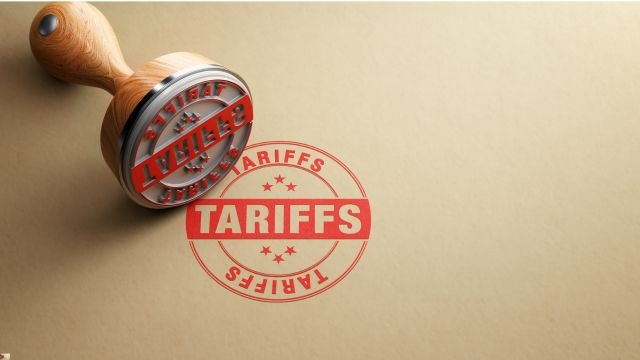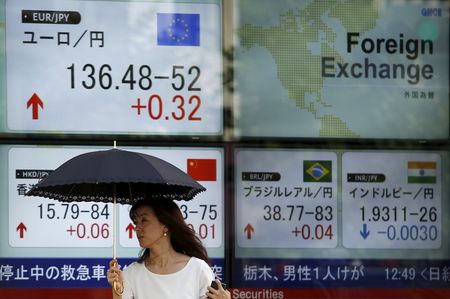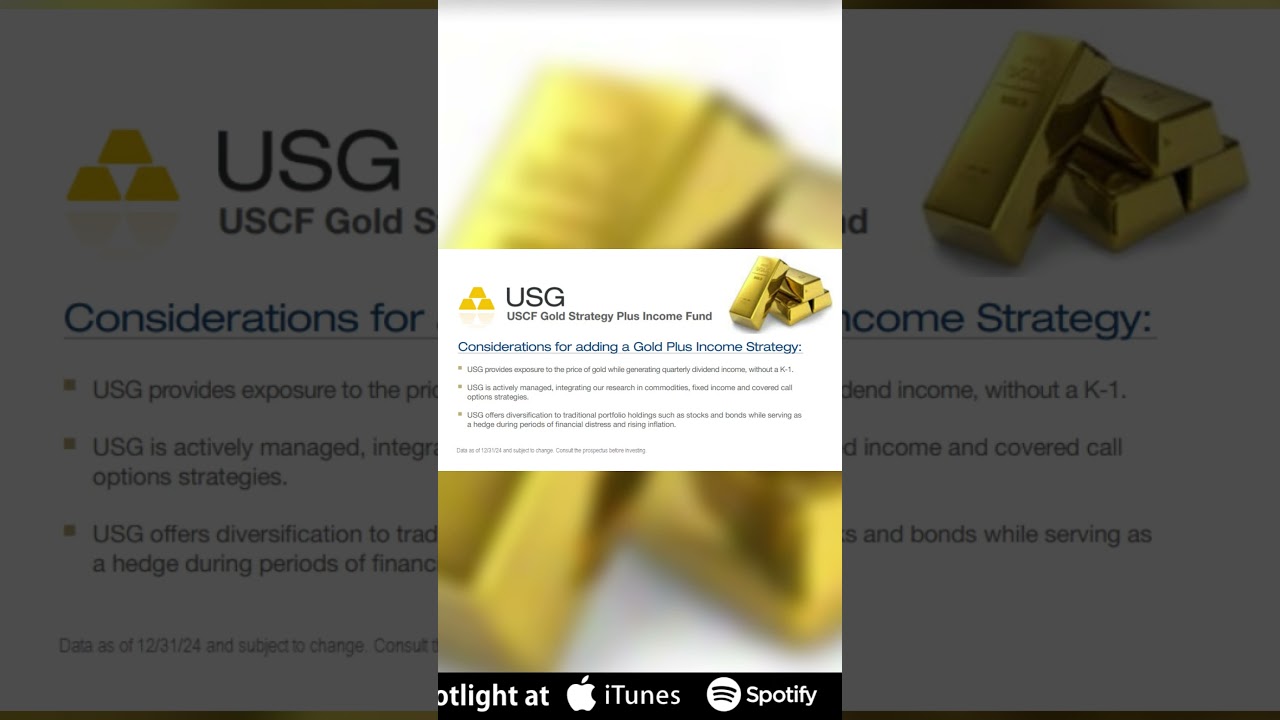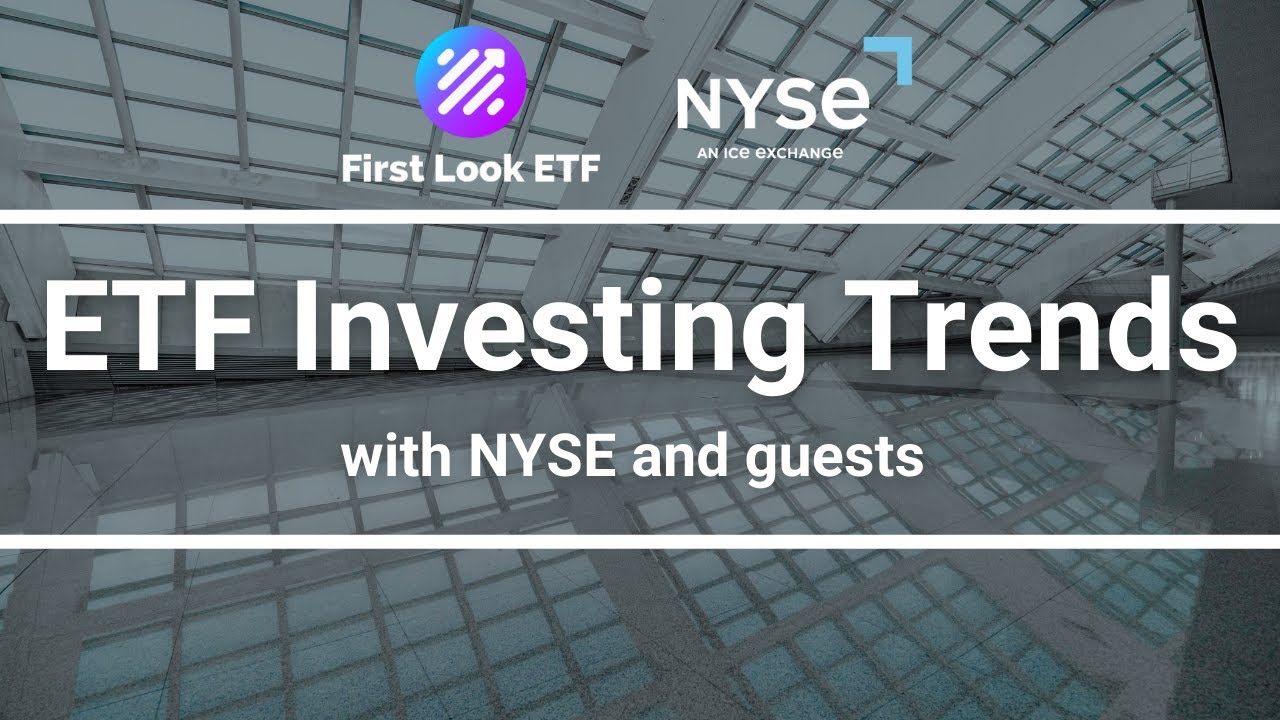I Thought Buying Down My Mortgage Rate Was a Bad Idea—Here’s How It Could Make Me $171,000
Mortgage rates have been stubbornly high this year — as they have been for quite some time. So if you’re looking to sign a new mortgage or refinance an existing home loan, you may not be thrilled with the offers lenders present you with. You may also be tempted to buy down your mortgage […] The post I Thought Buying Down My Mortgage Rate Was a Bad Idea—Here’s How It Could Make Me $171,000 appeared first on 24/7 Wall St..

Key Points
-
Buying down a mortgage rate could pay off — if you stay in your home for a long time.
-
It’s not always the best idea to buy down your rate.
-
Think about how long you expect to carry your mortgage before making that choice.
-
Are you ahead, or behind on retirement? SmartAsset’s free tool can match you with a financial advisor in minutes to help you answer that today. Each advisor has been carefully vetted, and must act in your best interests. Don’t waste another minute; get started by clicking here here.(Sponsor)
Mortgage rates have been stubbornly high this year — as they have been for quite some time. So if you’re looking to sign a new mortgage or refinance an existing home loan, you may not be thrilled with the offers lenders present you with.
You may also be tempted to buy down your mortgage rate so you’re able to pay less money each month. Buying down your rate means paying more money up front in exchange for a lower rate. Over the course of a 30-year mortgage, that’s 360 lower payments.
But is buying down a mortgage rate a good idea? This Reddit poster seems to think it is. But let’s do a deeper dive.
There can be upside to buying down a mortgage rate
The poster here is looking to refinance their mortgage and says that buying down the rate will cost them $1,683 up front. This will save them $90 on their payments each month.
The poster then goes on to say that investing $90 per month for 30 years will yield them $171,000 if their portfolio gives them an 8% annual return. On the flipside, if they don’t buy down the rate and invest the $1,683 for 30 years at 8%, that’s just $31,000.
Based on this, it seems like buying down the rate makes the most sense. But it’s not quite so simple.
Look at the big picture
The first thing I want to say here is that I’m not sure where the poster got their numbers from. When I ran my own calculations, here’s what I found.
If the poster doesn’t pay $1,683 to buy down their mortgage rate and they invest that sum for 30 years at an 8% return, they’re looking at about $18,400.
If they invest $90 a month over 30 years at that same return, they’re looking at about $134,100.
My calculations are compounding returns on a monthly basis. Compounding daily doesn’t give me a very different result, so I’m not sure where the discrepancy stems from.
But while my numbers may be different than the poster’s, the end result is the same. It seems like buying down the rate can make the most financial sense.
However, there are a couple of flaws in that logic.
First, it assumes that the poster is keeping their house for 30 years. Maybe they will, or maybe they won’t. But that’s definitely a long time to be in a house.
Also, the poster might end up refinancing again. So their $90 monthly savings is not guaranteed over a 30-year period.
This isn’t to say that buying down the rate is a bad idea. And when you’re buying your forever home and mortgage rates are low, it can be a smart move.
But if you’re not sure you’ll be in your home that long, then it may not make sense. And buying down a rate also isn’t necessarily the best move at a time when rates are high across the board. That’s because you’re likely to find a better offer at some point down the line and refinance.
What I’d suggest that the poster here do is talk to a financial advisor and see what they have to say. A financial advisor can help them look at the decision from all angles so they can approach it with more confidence.
The post I Thought Buying Down My Mortgage Rate Was a Bad Idea—Here’s How It Could Make Me $171,000 appeared first on 24/7 Wall St..
